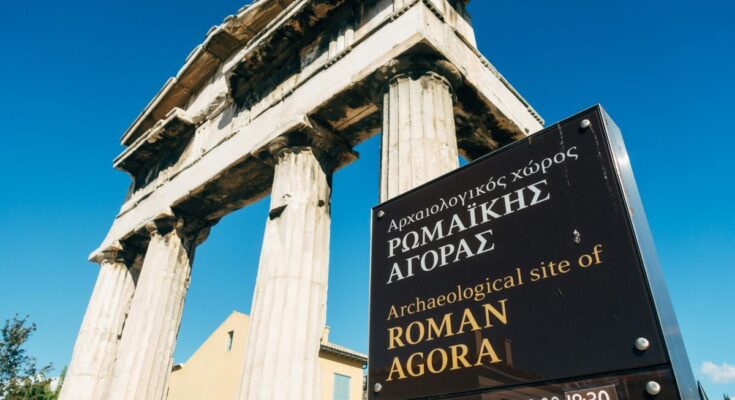
The Executive Board of UNESCO has endorsed a proposal to establish February 9 as World Greek Language Day, recognizing the historical and cultural significance of the Greek language and its enduring contribution to global civilization.
The date also marks the birthday of Dionysios Solomos, Greece’s national poet and author of the “Hymn to Liberty”, the country’s national anthem.
The proposal was submitted by Greece with co-sponsorship from 87 UNESCO member states, including China, Germany, Egypt, Argentina, India, Italy, South Korea, and many others – an unprecedented show of global support for such an initiative.
The Executive Board noted the Greek language’s unique contribution to the development of universal thought, calling the creation of the Greek alphabet over 2,800 years ago “a true cultural revolution”. One quoted reference even cites Galileo Galilei, who once described the Greek alphabet as “man’s greatest discovery”.

Photo source: National Library of Greece
According to UNESCO’s accompanying text, the Greek language has played a foundational role in shaping scientific and philosophical discourse. It remains a vital source of international terminology in fields ranging from medicine and mathematics to physics, astronomy, and the humanities.
The initiative follows months of diplomatic effort by Greece’s Permanent Representative to UNESCO, George Koumoutsakos, under the direction of the Ministry of Foreign Affairs and Prime Minister Kyriakos Mitsotakis.
Gaining support was seen as particularly significant given that other recognized language days (e.g., Spanish, Arabic, Russian) are linked to languages spoken by hundreds of millions globally. In contrast, Greek’s recognition is based on qualitative impact rather than demographic scale.
The final decision by UNESCO is expected to confirm February 9 as an annual celebration of the Greek language and its vital role in preserving and transmitting human knowledge across centuries.
Follow GTP Headlines on Google News to keep up to date with all the latest on tourism and travel in Greece.
Source link



